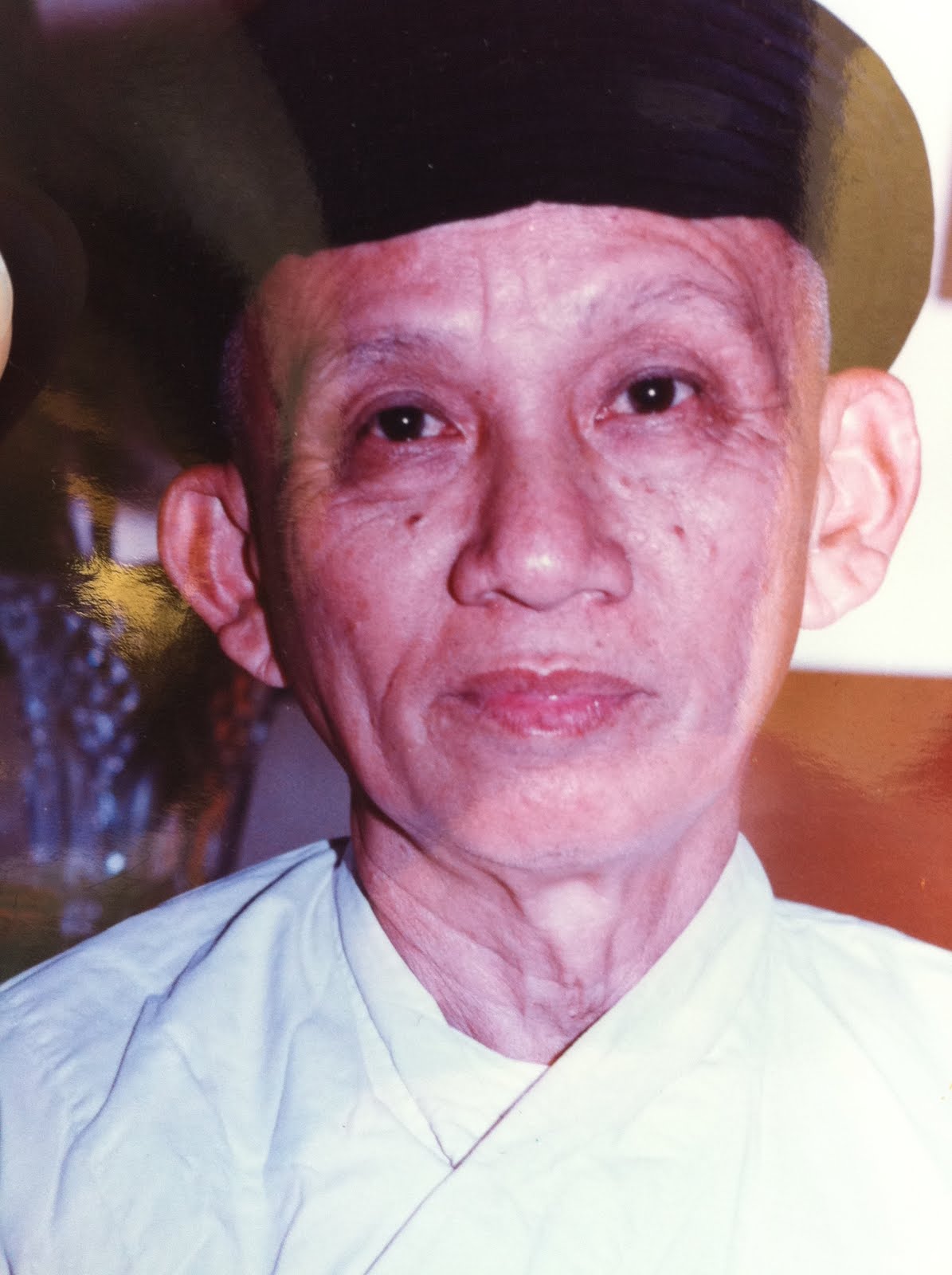
Last week, I started interviewing clinicians who care for frail elders at On Lok Lifewaysas part of a study led by Dr. Alex Smith. (On Lok was one of the first sites to launch the Program of All-inclusive Care for the Elderly (PACE) for nursing home-eligible elders residing in the community). In talking with one of the practitioners, I was surprised to learn that almost all of the participants have an advance health care directive, especially as a majority of the participants served at On Lok are Asian.
From personal experience, Asians don’t generally talk about the end of life because death is a cultural taboo.
When my grandfather passed away last December, I flew to Vietnam to mourn with my family. In talking with my relatives, my grandfather’s death was never mentioned in explicit terms; instead, we talked about him as though he had gotten lost somewhere.
In one of my previous posts, I realized I had (subconsciously) described death in my cultural terms. My exact words were, “Her father departed soon after.” A reader pointed out the ambiguity in the wording I had used to describe the death of an individual and remarked thatit is important to be “clear and careful” when discussing the end of life.
So, what is considered a direct and careful approach to broaching these types of discussions with Asian elders if they customarily avoid it?
While I pondered this question, I came across an article regarding Taiwan’s progressive stance on end-of-life and palliative care in the Asia-Pacific region.
In Taiwan, legislators and clinicians alike are recognizing the advance care needs of its citizens. Through the Hospice and Palliative Care Act of 2000, citizens in Taiwan are legally able to complete a DNR and assign durable power of attorney.
Per the Act, no life sustaining measures would be taken if:
- At least two physicians diagnose the patient with a terminal illness; and
- A signed DNR order exists
Although progress is being made in supporting palliative care services in Taiwan, it remains a difficult gray area for those who do not have discussing death built into their cultural values.
Palliative care services are relatively new in Taiwan and other parts of Asia. According to a representative from the Taiwan Hospice Organization, the first hospice in Taiwan was not developed until 1990 and only houses 8-beds. (The Taiwan Hospice Organization was created in 1995 and serves as a professional organization that promotes end-of-life care practices.)
Moreover, cancer has been determined the primary cause of death in Taiwan since the 1980s, but only 39 percent of cancer patients with terminal diagnoses received palliative care services in 2010. This low-utilization rate may have a strong association with the cultural barrier that death poses to discussing end-of-life care.
In hindsight, although most of my family would disagree, I feel my grandfather’s end-of-life care could have been improved had he written an advance care directive.
He was a frail 85-year-old vegan who had suffered a hip fracture and undergone surgery two years ago. Wishing away his frailty and other chronic health conditions was my family’s idea of advance care planning.
When he went into cardiac arrest, he was resuscitated, even though he had informally expressed his desire to “go in peace.” Per his spiritual beliefs, physical death, once it came, would allow him entry into the spiritual realm. Resuscitation merely disrupted a natural course.
Moreover, as my grandfather was dying in his hospital bed, he was fed “nutritious” beef broth despite his wishes to adhere to his vegan diet until death.
Based on accounts from family members who were present hours before he passed away, my grandfather feebly struggled to remove his IVs and cried to be released, but to no avail.
In my grandfather’s situation, was palliative care impeded by cultural values or was it the other way around? I suppose the right answer is: It depends on who you talk to.
Perhaps a patient such as my grandfather would feel his goals of care were not met, as his personal values were superseded by his family’s and providers’ cultural values. To his family and health care providers, my grandfather was dying and they had to save him in any way they could, including prolong his death.
Even if he had written an advance care directive, would his care preferences have even been honored?
I wasn’t there when my grandfather was finally “released” and I’m not a medical professional (yet), so I can’t say with any degree of certainty whether he was overtreated or undertreated. What I can say, based on what I know about my grandfather and his spiritual beliefs, is that the best care for him would have been to honor his wishes and not prolong his death.
While it is important not to generalize the progressive outlook Taiwan has adopted on end-of-life care to all Asian cultures, it is important to take into consideration how cultural taboos may not serve the individual patient well and may actually impede meeting the patient’s goals of care.
As a future physician, it is important for me to recognize that the older patient population is becoming increasingly large and diverse, and cultural considerations should be taken seriously when caring for frail elders.
By: Julie N. Thai [GeriPal International Correspondent]



